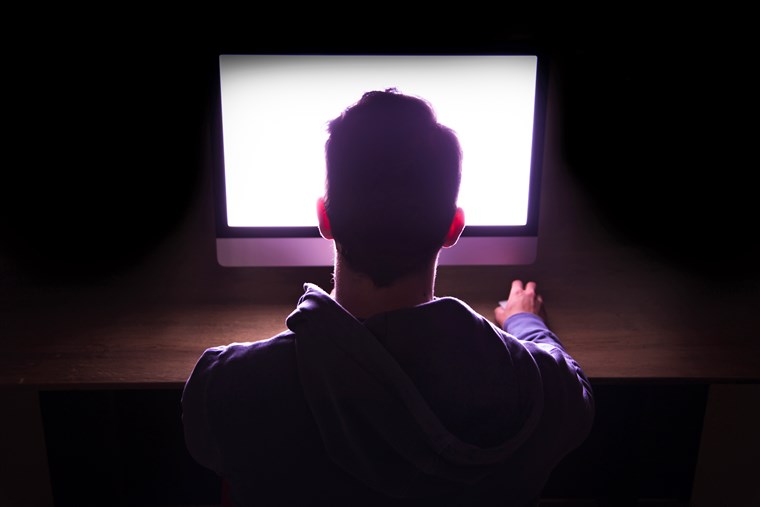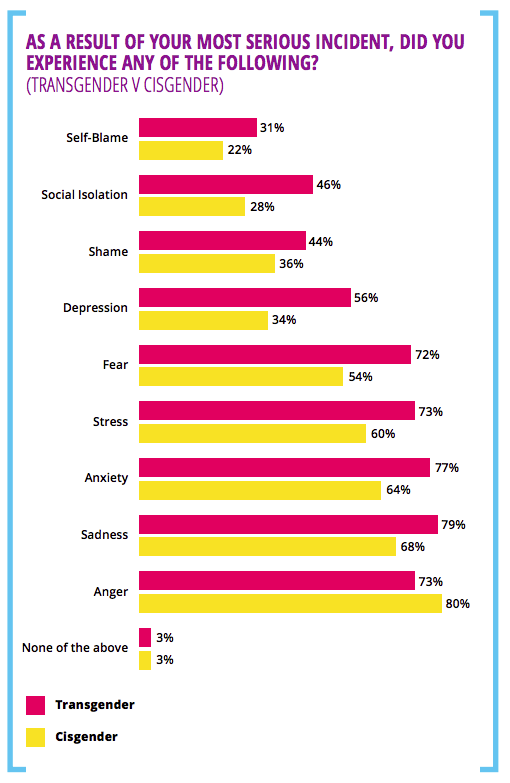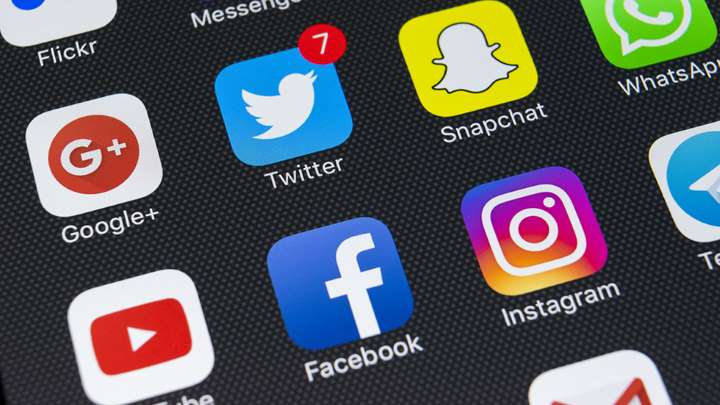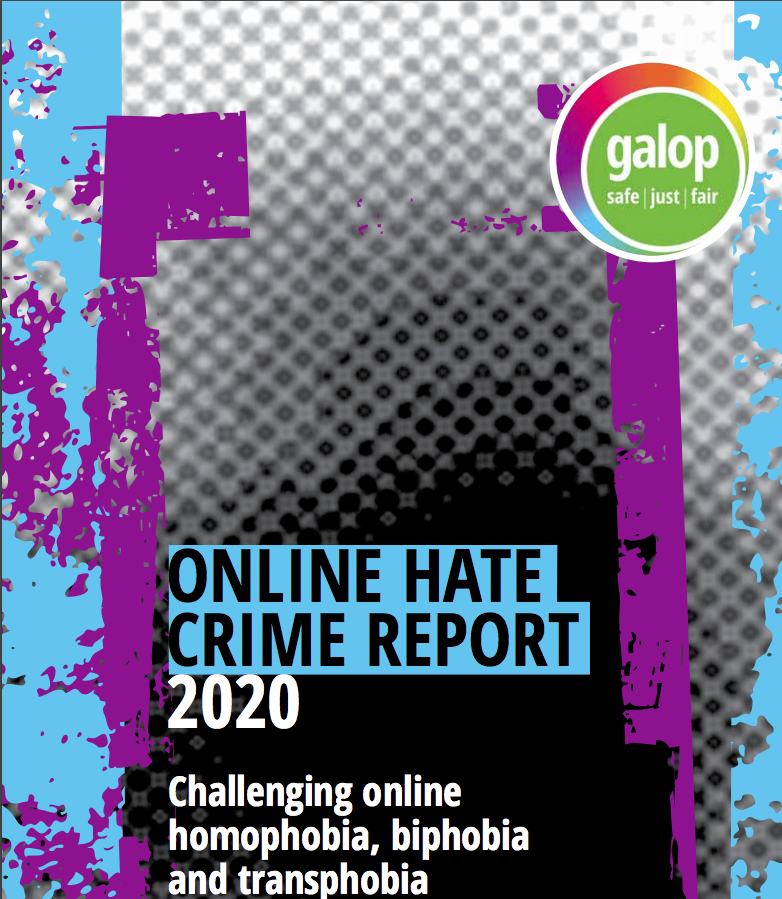A new report by Galop, an LGBT+ anti-violence charity, has found that 80% of LGBT+ people have experienced online bullying within the past five years.
The report, which asked 700 members of the LGBT+ community, said that despite progress on LGBT+ rights they have experienced bullying saying “online platforms remain hostile environments for many LGBT+ people.”

The study found that from those asked, 96% said they had been bullied more than once, while 21% said they had received abuse over 100 times.
Transgender people are one group within the LGBT+ community that have been specifically targeted, with 93% of trans respondents saying they had received online abuse. This was compared to cis-gendered members, with 70% of them being bullied online. Trans respondents also found themselves being targeted by transphobic activists due to their “gender critical” beliefs.
One respondent said, “As a trans woman online, radical feminists have called me (and often all trans women) rapists and paedophiles hundreds of times. The worst incidents involved threats to report me to the police on fabricated charges as “a man and a rapist”
“There are just pages and pages of anti-trans comments on trans related articles saying we should be killed, have mental illness, and are paedophiles”, another said.

Respondents to the study also said that while the abuse directed at many of them was related to their sexual orientation or gender identity, it was also tinged with comments that were racist, sexist, xenophobic and disablist.
“It’s not just because I am a lesbian but because I am a woman too, it is both homophobic and misogynistic”, wrote one respondent.
“As a gay black male it’s as much about race as it is about homophobia”, another wrote.
The abuse faced by those who were asked varied. 97% of respondents said they received insults, 63% had been subjected to threats of physical violence, 41% were threatened with sexual violence, 39% received death threats, and outing [revealing someone’s sexual orientation] was at 34% of abuse claims.
Respondents who were outed revealed the consequences of this in their personal lives. “I was outed to my employer and colleagues, and I ended up losing my job.”, one person wrote. Another person said, “After I was outed online my family disowned me and kicked me out. I now live with my partner’s family”.
The effects of online abuse didn’t affect just those who received it directly, with 32% of respondents saying they felt indirectly targeted by having witnessed anti-LGBT+ abuse. This is further emphasised by how 80% of the online abuse was public, meaning anyone could see it.
“They’re not specifically aimed at me but the whole LGBT+ community on articles and posts and things”, one respondent wrote.
“Even though they weren’t directed at me, reading all these comments about LGBT people really impacted upon me”, another wrote.

Some LGBT+ respondents said the bullying eventually crossed over into real life, with nearly one out of five people saying they had an abusive incident offline that was linked with the online abuse they had received. One person wrote, “The online threats of violence soon became real and I was assaulted when attending a youth group”.
The Galop report revealed the social media platforms related to the abuse. Nearly six out of ten (58%) of abusive incidents occurred on Facebook, 34% of abuse was on Twitter, nearly one out of five (19%) was in the comments section of an online media outlet, 17% was on Instagram, 13% on Youtube and 11% on dating apps. Other social media sites included Reddit, Snapchat, Tumblr and Pinterest.
Respondents to the report also revealed how their behaviour and presence on social media changed following the bullying. 38% said they reduced usage of their social media account, 22% removed LGBT+ information from their profile, 19% posted about the incident and 15% left the social media site where they encountered the abuse.

Respondents also expressed frustrations with the response from social media platforms after they reported the abuse, with 75% saying they felt dissatisfied with the response. This was mainly due to no action being taken against the abuser or the incident not being taken seriously. Only 11% felt satisfied with the response they received.
“They did not find death threats to gay people to breach their guidelines”, one person wrote.
“I reported it to YouTube and the response was that it didn’t violate community standards. This has been the case on multiple occasions with incidents relating to trans people, with everything from baseline mockery and derision to suggested violence and eradication”, another wrote.
Respondents also expressed similar frustration when reporting incidents to police, with nearly three out of four (72%) saying they were left dissatisfied with the response. Like social media, this was mainly due to the claim not being taken seriously or no action being taken.
The Galop report also revealed how some of the abuse came from within the LGBT+ community. This included biphobia and transphobia, while asexual, intersex and non-binary people were also targeted.
“Other LGBT people calling for harm to asexual and aromantic people within the community and accusing us of being paedophiles”, one person wrote. Another said, “Don’t consider myself part of the LGBT community anymore (even though I am bisexual) because there is a lot of hate and toxicity towards us”.
The report has called for increased guidance for where and how victims can report online abuse, a review into current legislation which tackles online bullying and hate crime, an increase in specialist support services for people suffering anti-LGBT+ abuse, a far more efficient social media response – which many users voiced their concerns about in the study – and regulation which Galop says “ values free speech while ensuring the removal of unacceptable hate speech”.
© 2020 GCN (Gay Community News). All rights reserved.
Support GCN
GCN is a free, vital resource for Ireland’s LGBTQ+ community since 1988.
GCN is a trading name of National LGBT Federation CLG, a registered charity - Charity Number: 20034580.
GCN relies on the generous support of the community and allies to sustain the crucial work that we do. Producing GCN is costly, and, in an industry which has been hugely impacted by rising costs, we need your support to help sustain and grow this vital resource.
Supporting GCN for as little as €1.99 per month will help us continue our work as Ireland’s free, independent LGBTQ+ media.

